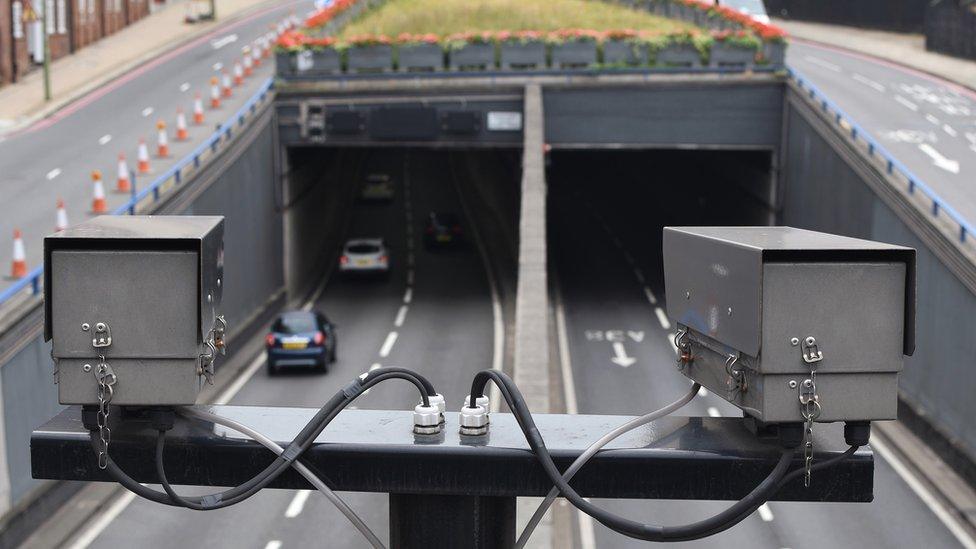Birmingham cars could be banned from driving through city centre
- Published
- comments
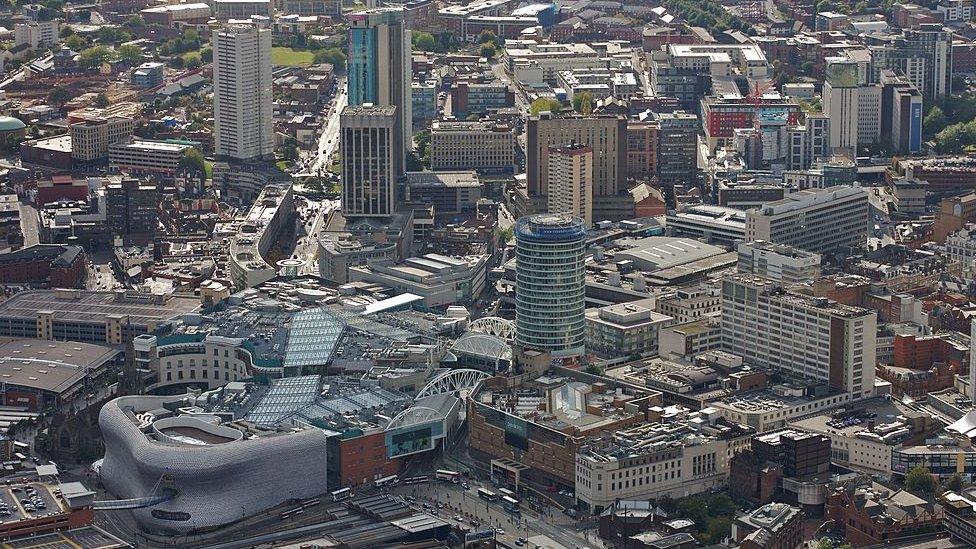
Birmingham City Council's transport plan seeks to cut traffic and reduce pollution
Private cars will be banned from taking "through trips" across Birmingham city centre under plans to cut pollution.
Vehicles will be able to drive into the city, but would have to go back out to the ring road to access other areas.
In a newly published transport plan, external the city council is also looking at rerouting the A38 and bringing in a 20mph limit on more residential roads.
It promotes more public transport use, walking and cycling, but opponents say it could gridlock the city.
What is happening?
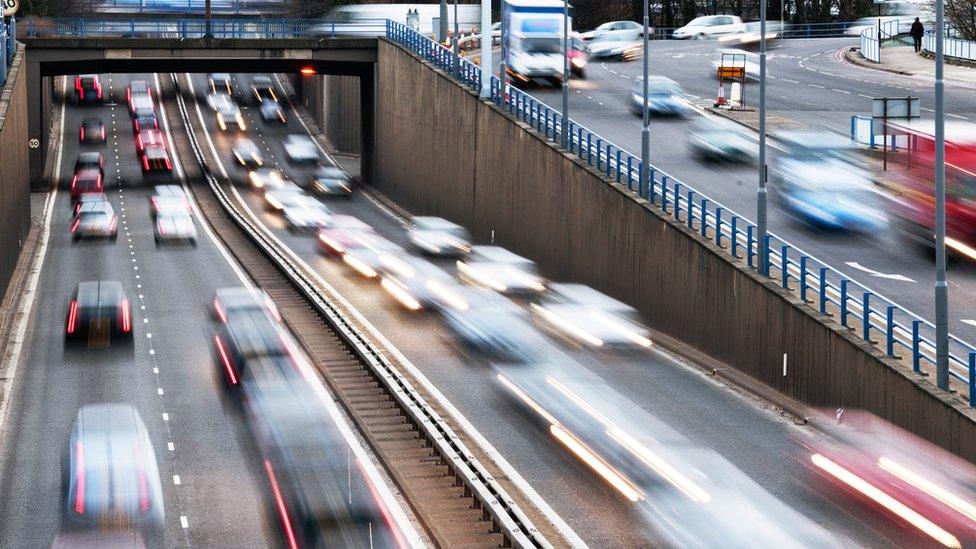
The A38 could be rerouted to an "upgraded ring road" and the city's tunnels used for public transport only
The Birmingham Transport Plan lays out a number of changes the council wants to make over the next decade.
Under proposals, no private vehicles would be allowed to travel through the city centre, and could only come in and out from certain areas.
The authority will also look to introduce measures to reduce parking and could also redevelop some of its car parks, while the A38 could be rerouted to an "upgraded ring road" and the city's tunnels used for public transport only.
Public transport would be the "preferred choice" for travelling in and out of the city and city centre streets would be pedestrianised and integrated with public transport.
How would a ban on cars crossing Birmingham work?
If it is backed by the council's cabinet on 21 January, a consultation on the plan will begin on 28 January.
However, it has been criticised by Conservative opposition councillors.
Tory councillor Robert Alden, said plans to close the tunnels "will bring the city to a standstill, destroying jobs and pushing more congestion and pollution to the residential areas on the edge of the ring road."
It comes after multiple warnings Birmingham must clean up its air by this year or face being fined £60m.
From July a Clean Air Zone (CAZ) will be introduced, meaning owners of "non-compliant" cars will pay £8 to drive into the city centre.
Why is it being done?
The plans, which go further than the introduction of the CAZ, are designed to tackle air pollution and a growing population, with the authority saying it wants to improve air quality, health and reduce congestion.
Air pollution is widely regarded as a public health crisis in Birmingham that contributes to 900 premature deaths a year in the city.
The measures are designed to reduce impact on the environment as part of the council's commitment to becoming a carbon-neutral city by 2030, eliminate danger on the roads and revitalise the city centre, the authority said.
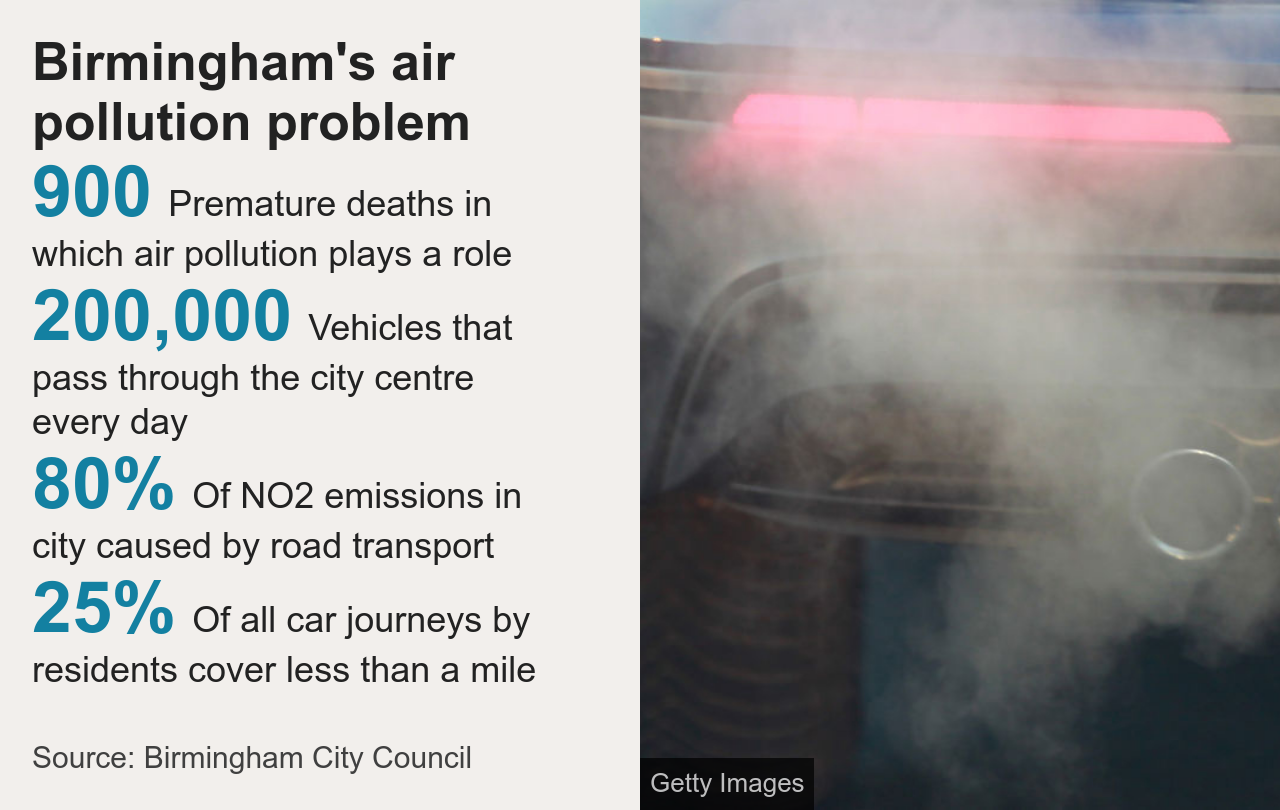
What does it mean for drivers?
The changes would have a significant impact on motorists who drive across the city centre.
While people could still drive into the city from certain areas, they would have to drive back out using the surrounding ring road, and journeys straight through the city centre would not be allowed.
There could also be restrictions on lorries making daytime deliveries.
"Cars will no longer be king in the city, public transport systems will become king," said Councillor Waseem Zaffar, the cabinet member for transport and environment.
However, some commuters are sceptical. Caz Dillon, from Marston Green said: "There is absolutely no way on earth that we can do that because our public transport system is so atrocious and so unreliable.
"That is why people drive because you just cannot rely on our train service and until they get that sorted they haven't got a hope in hell to try and ban cars."

Analysis - Kathryn Stanczyszyn, BBC WM political reporter
The car used to be king in Birmingham - the city council says that crown must now be taken by public transport.
By far the biggest headline of these plans is radical changes to how traffic moves through the city centre, with the possibility of the A38 closing to private vehicles, and access in and out allowed only from certain points on the city's ring road.
The Labour-run local authority says it's time to stop tinkering at the edges and make real change to improve air quality.
But critics are concerned that business will be hit hard, and that for the motorist - already braced for a Clean Air Charge and a workplace parking tax - it's a move that's too big to stomach.

What do people think?
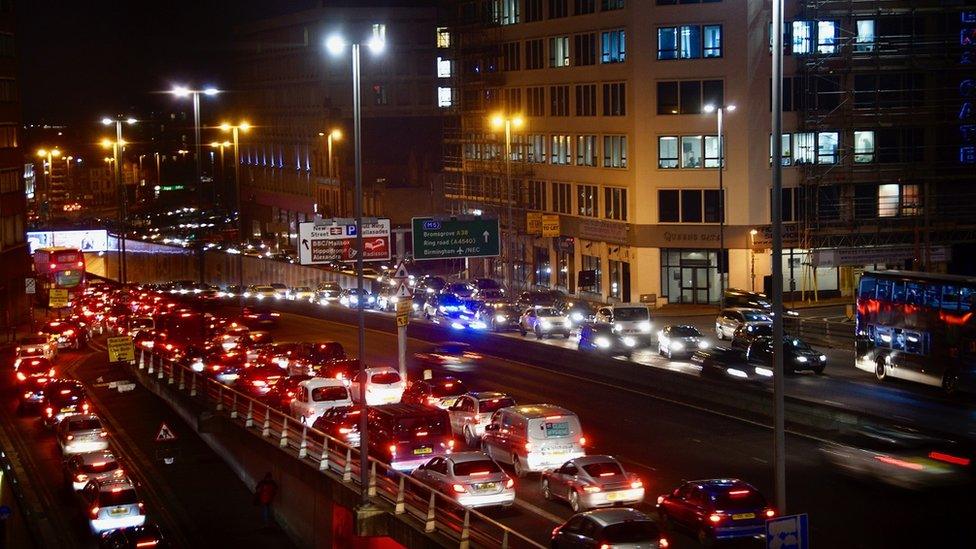
Private cars will only be allowed in and out of Birmingham in certain places, with public transport, walking and cycling to be used to get across the city
Richard Lobban, 36, a truck driver who lives in Moseley, said early starts for his job meant he could not use public transport to get to his depot in Aldridge, Walsall.
He said he and his partner had just put their home up for sale to move further out of Birmingham, but the council's plans meant he would now "only go into the city centre if I'm paid to or told to".
"I see the area they're talking about getting bigger and any charges just getting bigger, so we want to be far enough out for it not to affect us.
"Everyone likes the comfort of their car, I understand that, and something has to be done, but it's only going to get worse on the roads because everyone will be on the same routes."
Claire Longhurst echoed the comments about public transport on the BBC Midlands Facebook page.
"I'm not against making the air cleaner (who is really) but the public transport needs to be sorted out first. You can't force people out of their cars but give them no decent alternative," she said.
What are other towns and cities doing?
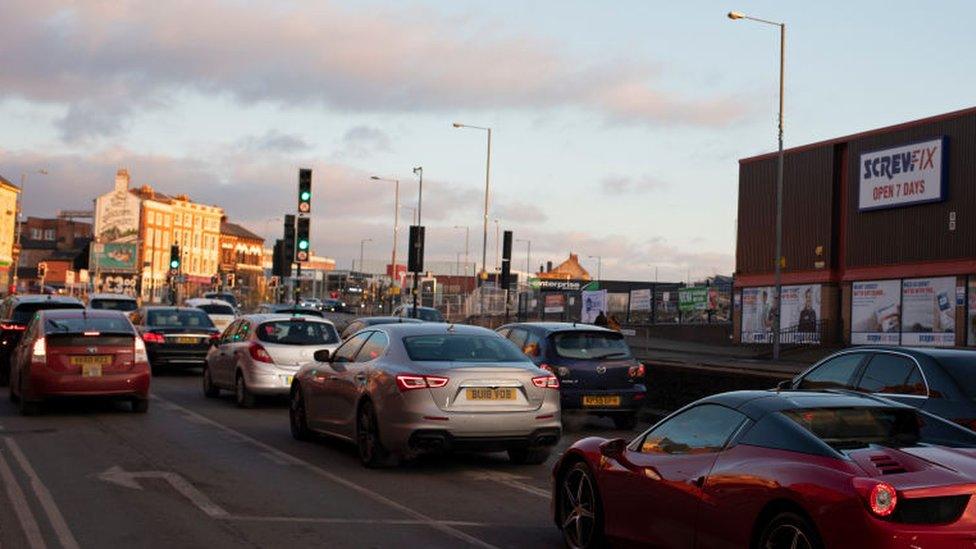
Private cars will only be allowed in and out of Birmingham in certain places, with public transport, walking and cycling to be used to get across the city
Bristol has banned private diesel vehicles from entering the city centre at certain times starting in 2021 (subject to government approval)
Newcastle City Council has agreed to impose a clean air toll which would charge buses and HGVs £50 to enter the city centre from 2021
York plans to ban private cars from its medieval city centre by 2023
London introduced an Ultra Low Emission Zone in 2019 which sees higher-polluting vehicles charged up to £100 to drive through the centre
Follow BBC West Midlands on Facebook, external, on Twitter, external, and sign up for local news updates direct to your phone, external.
- Published12 March 2019
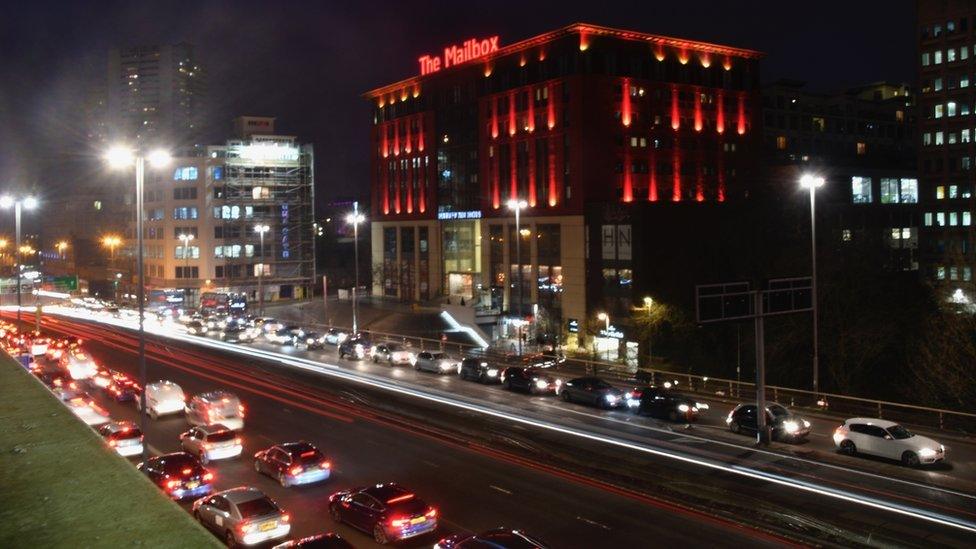
- Published16 October 2019
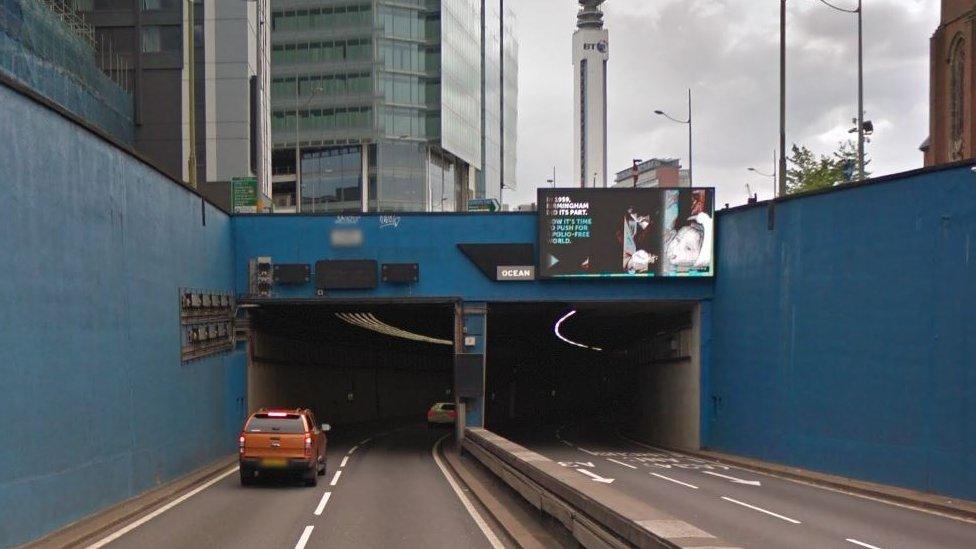
- Published16 October 2019
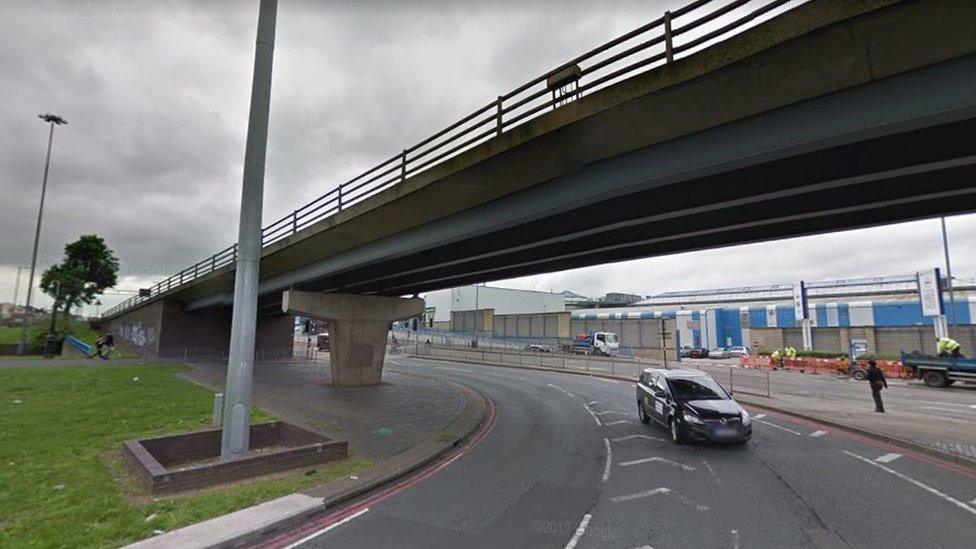
- Published11 October 2019
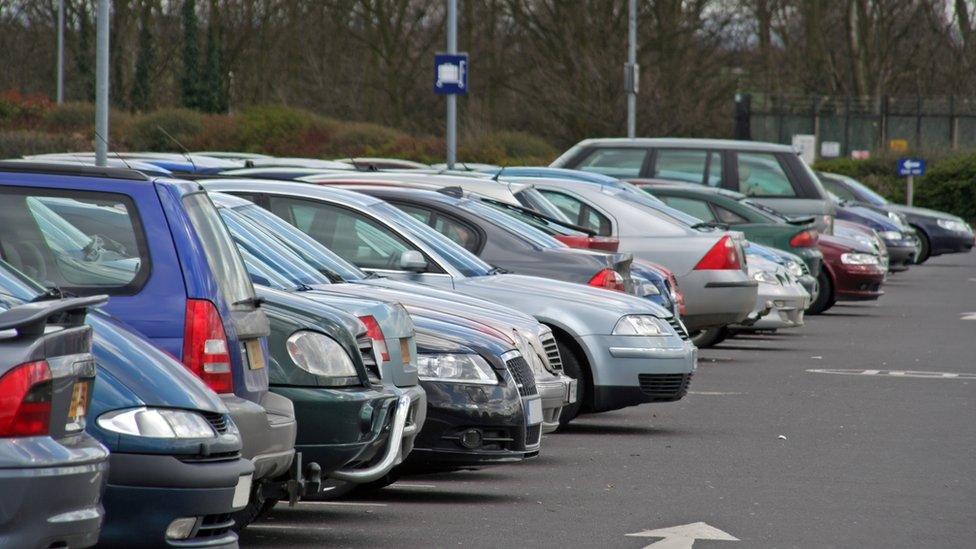
- Published9 July 2019

- Published18 June 2019
